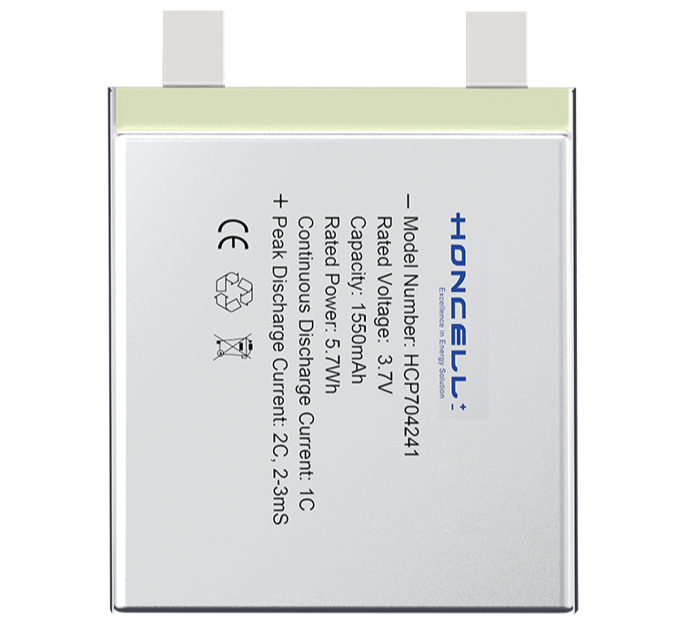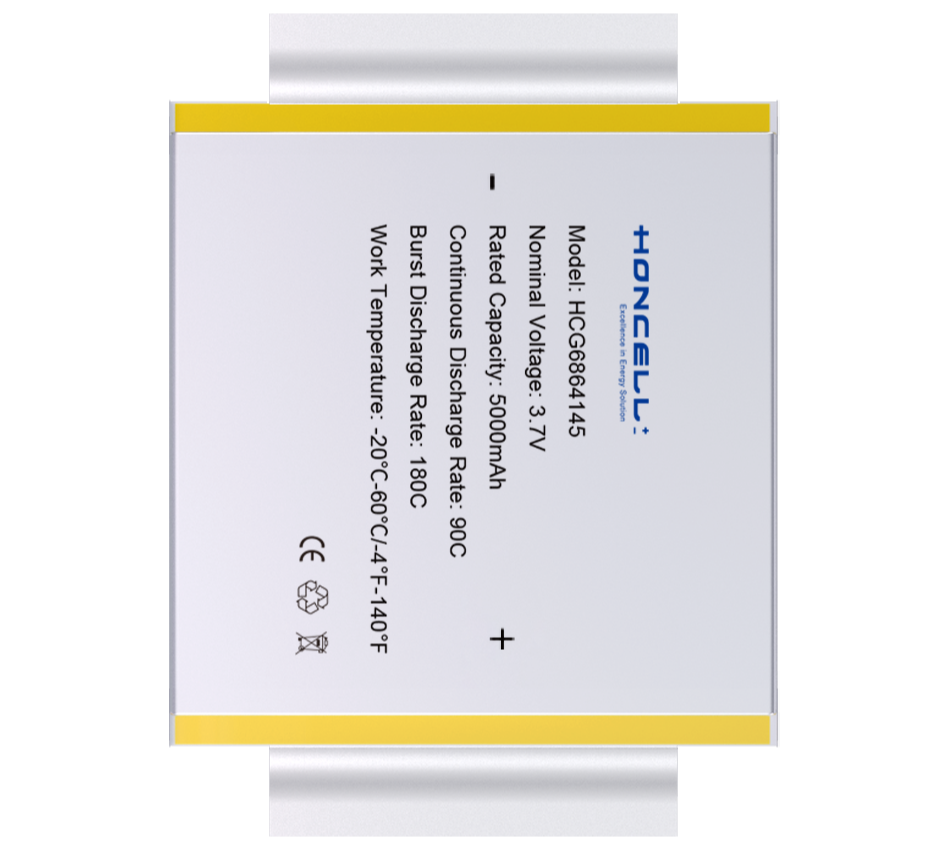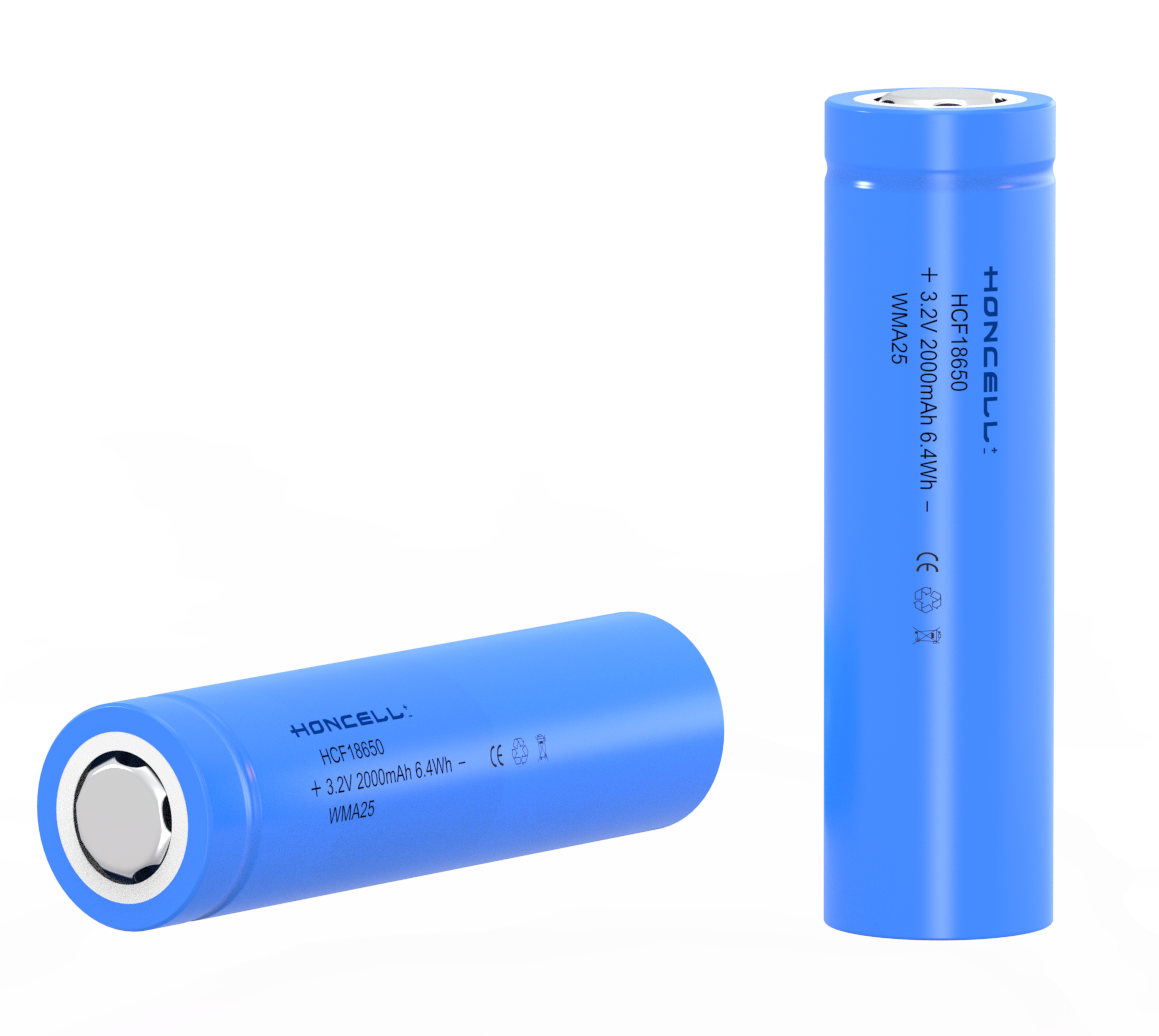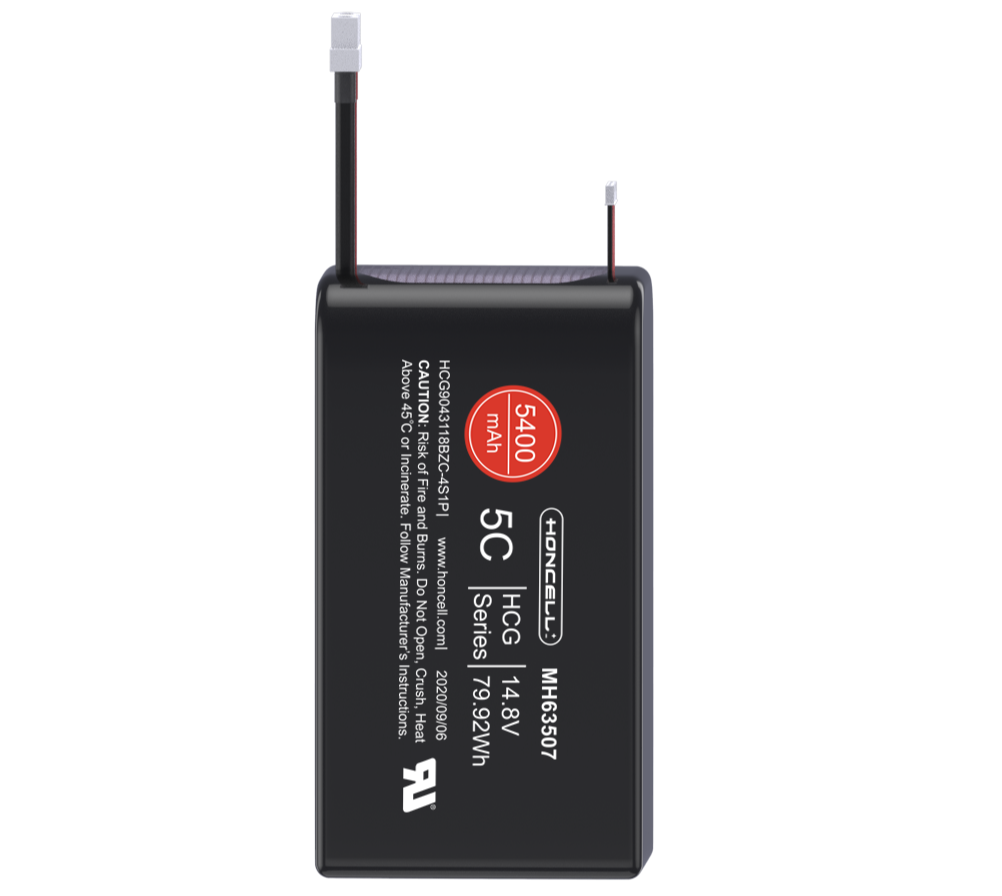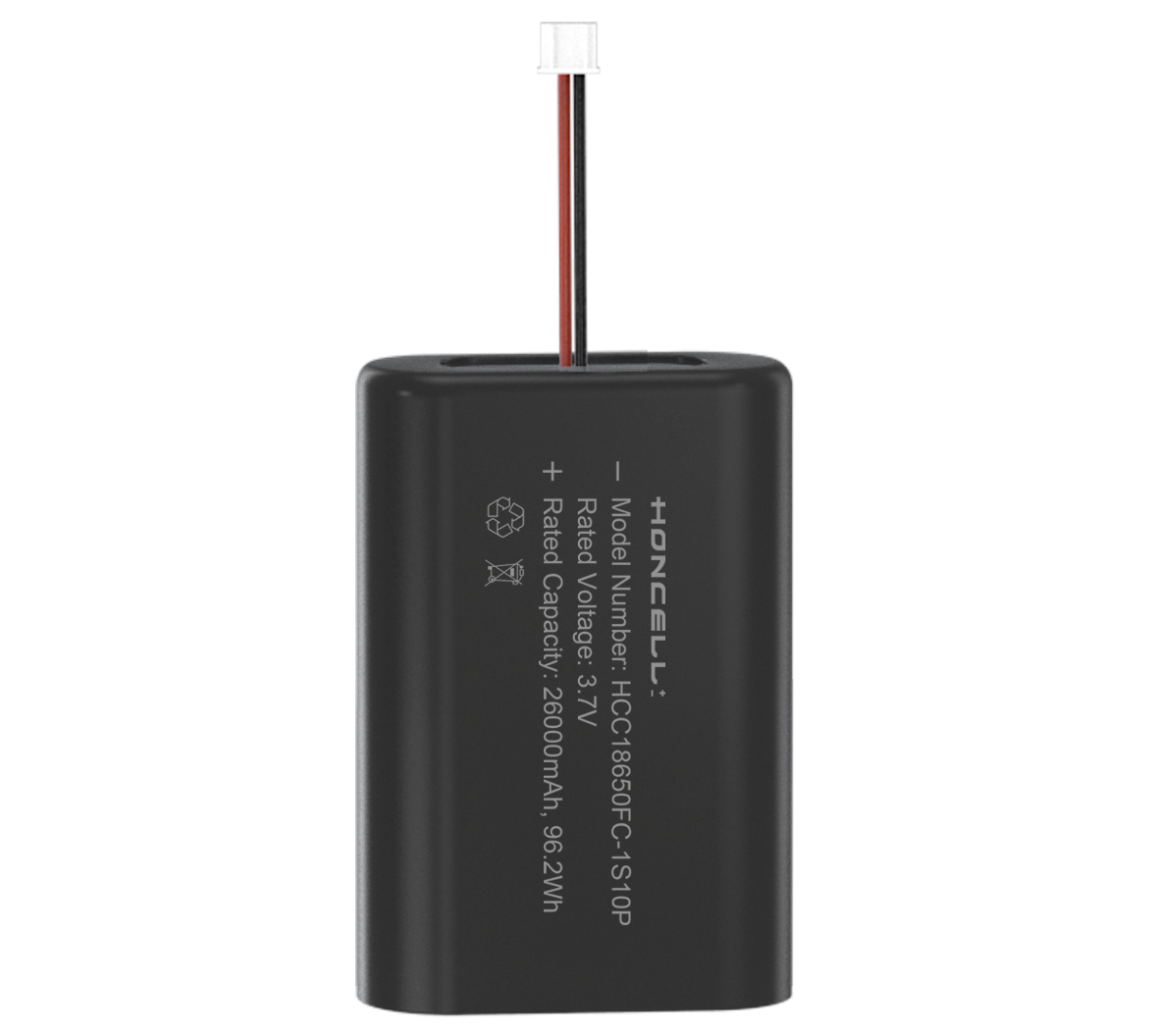Explore the Versatile Uses of Lithium Batteries
Lithium batteries have revolutionized various industries by providing a lightweight, reliable, and energy-dense power source. From powering advanced robotics to ensuring the accuracy of digital medical devices, such as thermometers and blood pressure monitors, lithium batteries have become the backbone of modern technology. We will explore the specific applications of lithium batteries in these fields, highlighting how their unique properties contribute to improved functionality, efficiency, and user experience.
As technology continues to advance, the demand for more efficient, reliable, and compact power sources will only increase. Lithium batteries are expected to play a crucial role in the future of medical and robotic applications, thanks to ongoing advancements in battery technology.
Lithium Batteries Uses in Robotics: Powering the Future of Automation
Lithium batteries have revolutionized various industries by providing a lightweight, reliable, and energy-dense power source. From powering advanced robotics to ensuring the accuracy of digital medical devices, such as thermometers and blood pressure monitors, lithium batteries have become the backbone of modern technology. This article explores the specific applications of lithium batteries in these fields, highlighting how their unique properties contribute to improved functionality, efficiency, and user experience.
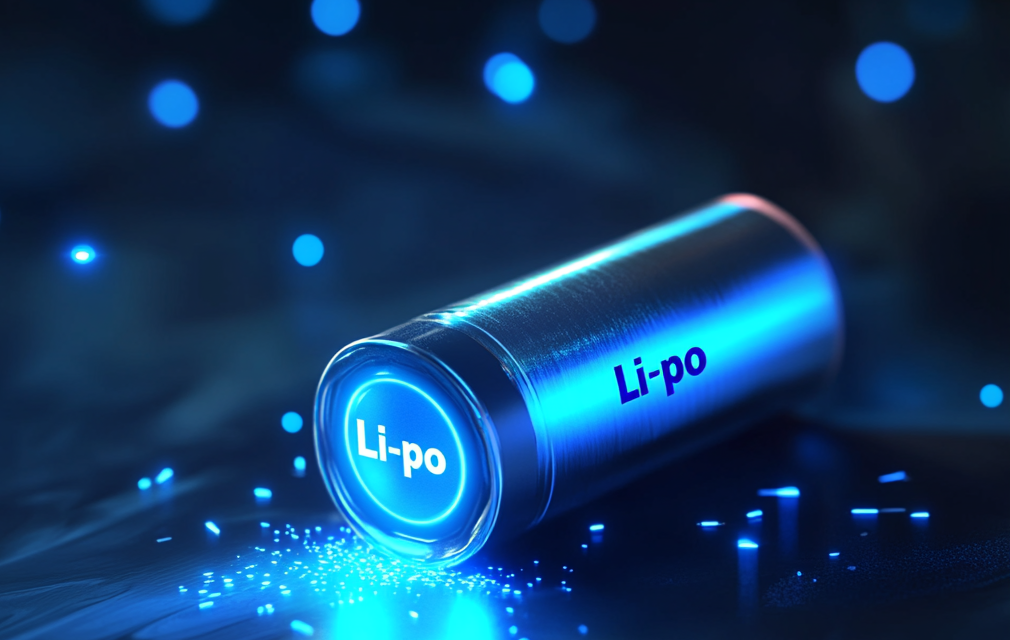
Energy Density and Lightweight Properties
Lithium-ion (Li-ion) and lithium polymer (LiPo) batteries have a much higher energy-to-weight ratio compared to traditional battery chemistries like nickel-cadmium (NiCd) or lead-acid batteries. This is particularly important in mobile and autonomous robots, where weight is a critical factor. For instance, drones and autonomous ground vehicles benefit from lithium batteries by being able to carry more payload or extend operational time without increasing the overall weight.
Extended Battery Life for Continuous Operation
Another significant advantage of lithium batteries in robotics is the extended battery life. With the ability to maintain charge over long periods and withstand hundreds, even thousands, of charge cycles without significant loss in capacity, lithium batteries are perfect for industrial robots. These robots are often required to operate 24/7 in factory settings, performing repetitive tasks such as welding, painting, and packaging. Lithium batteries enable these robots to function for longer periods without frequent downtime for charging, thus increasing productivity.
Fast Charging for Minimal Downtime
In environments where robots need to be operational around the clock, such as in logistics and manufacturing, downtime for recharging is a critical concern. Lithium batteries support fast charging, which helps minimize the time robots are offline. For example, automated guided vehicles (AGVs) in warehouses can quickly recharge during short breaks, maintaining high levels of efficiency and ensuring that the supply chain operations remain uninterrupted.
Lithium Batteries Applications in Digital Thermometers: Ensuring Accuracy and Convenience
The use of lithium batteries in digital thermometers has greatly enhanced the accuracy, reliability, and ease of use of these essential medical tools. As digital thermometers have become more popular in homes and healthcare settings, the need for a power source that offers long life and consistent performance has grown. Lithium batteries have stepped in to meet this demand, offering several advantages over traditional alkaline or silver oxide batteries.
Long Battery Life for Frequent Use
One of the most significant benefits of lithium batteries in digital thermometers is their long battery life. Digital thermometers are often used multiple times a day in hospitals, clinics, and homes, especially during flu seasons or pandemics like COVID-19. Lithium batteries can power these devices for extended periods, reducing the need for frequent battery changes. This is particularly important in healthcare settings, where frequent use requires reliable and long-lasting power.
Improved Accuracy and Fast Response Times
Lithium batteries provide a stable and consistent voltage output, which is crucial for the precision of digital thermometers. Inaccurate readings due to low battery power can lead to misdiagnosis or delayed treatment. Lithium batteries help avoid these issues by maintaining a steady voltage throughout their lifespan, ensuring that the thermometer provides accurate readings each time it is used. Additionally, lithium batteries support the fast response times that digital thermometers are known for, allowing users to get readings in seconds rather than minutes.
Eco-Friendly and Safe
Compared to traditional batteries, lithium batteries are more environmentally friendly, as they last longer and need to be replaced less frequently. This reduces waste and the environmental impact associated with battery disposal. Additionally, lithium batteries are safer to use in medical devices as they are less prone to leakage, which can damage sensitive electronic components or pose a risk to users.

Lithium Batteries Uses in Blood Pressure Monitors: Supporting Critical Health Monitoring
Blood pressure monitors are essential medical devices for people with hypertension or other cardiovascular conditions. These devices rely on accurate and consistent readings to help users monitor their health and avoid complications. Lithium batteries have become the preferred power source for many modern blood pressure monitors due to their reliability, long life, and ability to deliver consistent power over extended periods.
Enhanced Portability and Ease of Use
The compact size and lightweight nature of lithium batteries have enabled the development of portable blood pressure monitors that can be easily used at home or on the go. This has made it easier for patients to monitor their blood pressure regularly, leading to better management of their condition. Portable monitors powered by lithium batteries are particularly useful for elderly patients or those with mobility issues, as they can carry and use the device without difficulty.
Long Battery Life for Regular Monitoring
People who rely on blood pressure monitors often use them daily or even multiple times a day. Lithium batteries provide the long battery life needed to support regular use without frequent recharging or battery replacements. This reduces maintenance and ensures that the device is always ready for use, which is especially important in critical situations where immediate readings are necessary.
Accurate Readings with Stable Power Supply
The accuracy of blood pressure monitors is highly dependent on a stable power supply. Fluctuations in battery power can result in inaccurate readings, which could lead to improper treatment or medication adjustments. Lithium batteries provide a consistent power output, ensuring that the monitor delivers precise readings every time. This is crucial for patients and healthcare providers who rely on these devices for accurate health assessments.
Lithium Batteries Applications in Pacemakers: Supporting Critical Health Monitoring
Lithium-ion batteries have revolutionized modern living, earning a Nobel Peace Prize for their transformative impact. While often associated with entertainment and luxury, these batteries are also essential for life-saving medical devices like pacemakers. For individuals relying on pacemakers, the difference between a functioning and non-functioning lithium-ion battery can be a matter of life and death.
Low Drain Currents
Lithium batteries have low drain currents, meaning they consume energy at a slow rate. This characteristic is particularly beneficial for pacemakers, which need to operate continuously over long periods. The low drain currents help to extend the battery's lifespan and ensure that the pacemaker remains functional for as long as possible.
High Energy Density
Lithium batteries boast a high energy density, which means they can store a substantial amount of energy in a compact form. This is crucial for pacemakers, which need to be small and lightweight to be comfortably implanted in the human body. The high energy density ensures that the pacemaker can function effectively without requiring a large or heavy battery.
Efficient Voltage Characteristics
The efficient voltage characteristics of lithium batteries ensure a stable and reliable power supply for pacemakers. This stability is essential for maintaining the consistent performance of the pacemaker, which regulates the heart's rhythm. Any fluctuations in power could potentially disrupt the device's operation, posing a risk to the patient's health.
Why Choose Lipo Solutions From Honcell?
Honcell stands at the forefront of lithium battery technology, driven by a commitment to innovation and excellence. With years of experience in the industry, Honcell has developed a deep understanding of the unique requirements and challenges faced by various sectors. Its expertise ensures that it can provide cutting-edge solutions tailored to meet the specific needs of their clients.
Honcell's research and development team continuously works on improving battery performance, safety, and efficiency. By staying ahead of technological advancements, Honcell's products are always at the cutting edge of the industry. This dedication to innovation makes Honcell a reliable partner for businesses looking to integrate the latest battery technology into their products.

Related News
-

 Nov. 2024How Drone Manufacturers Choose Lithium BatteriesLearn More
Nov. 2024How Drone Manufacturers Choose Lithium BatteriesLearn More -

 Nov. 2024How medical device vendors choose lithium medical batteriesLearn More
Nov. 2024How medical device vendors choose lithium medical batteriesLearn More -

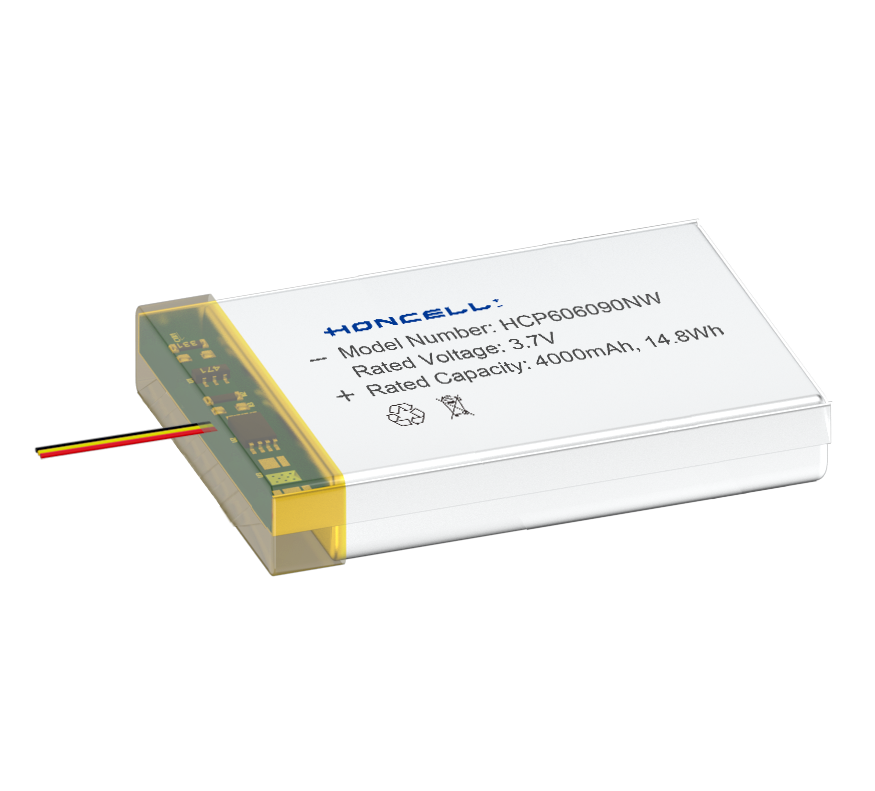 Sep. 2024Why global enterprises should choose Chinese lithium battery manufacturersLearn More
Sep. 2024Why global enterprises should choose Chinese lithium battery manufacturersLearn More -

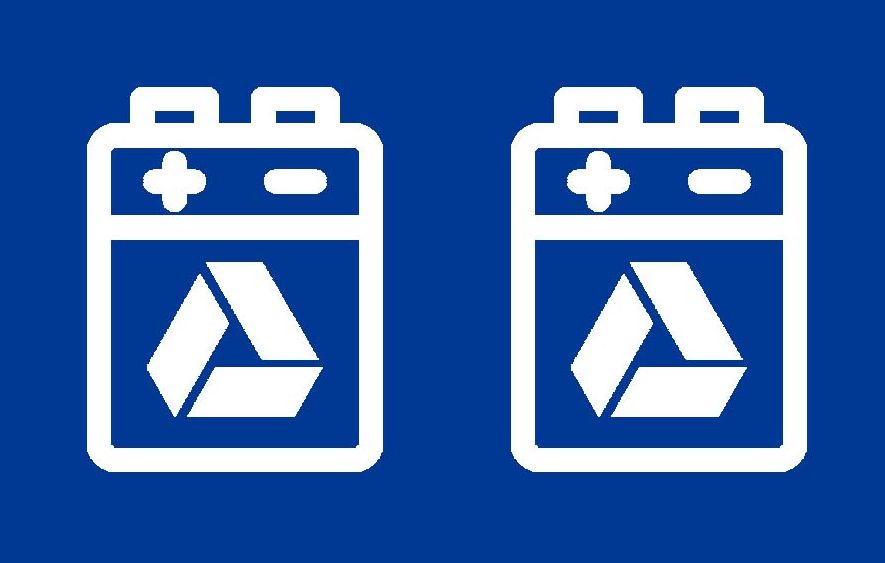 May. 2024How to choose lithium battery customized manufacturersLearn More
May. 2024How to choose lithium battery customized manufacturersLearn More -

 Mar. 2024How to wake up a dormant lithium battery and bring it back to performanceLearn More
Mar. 2024How to wake up a dormant lithium battery and bring it back to performanceLearn More -

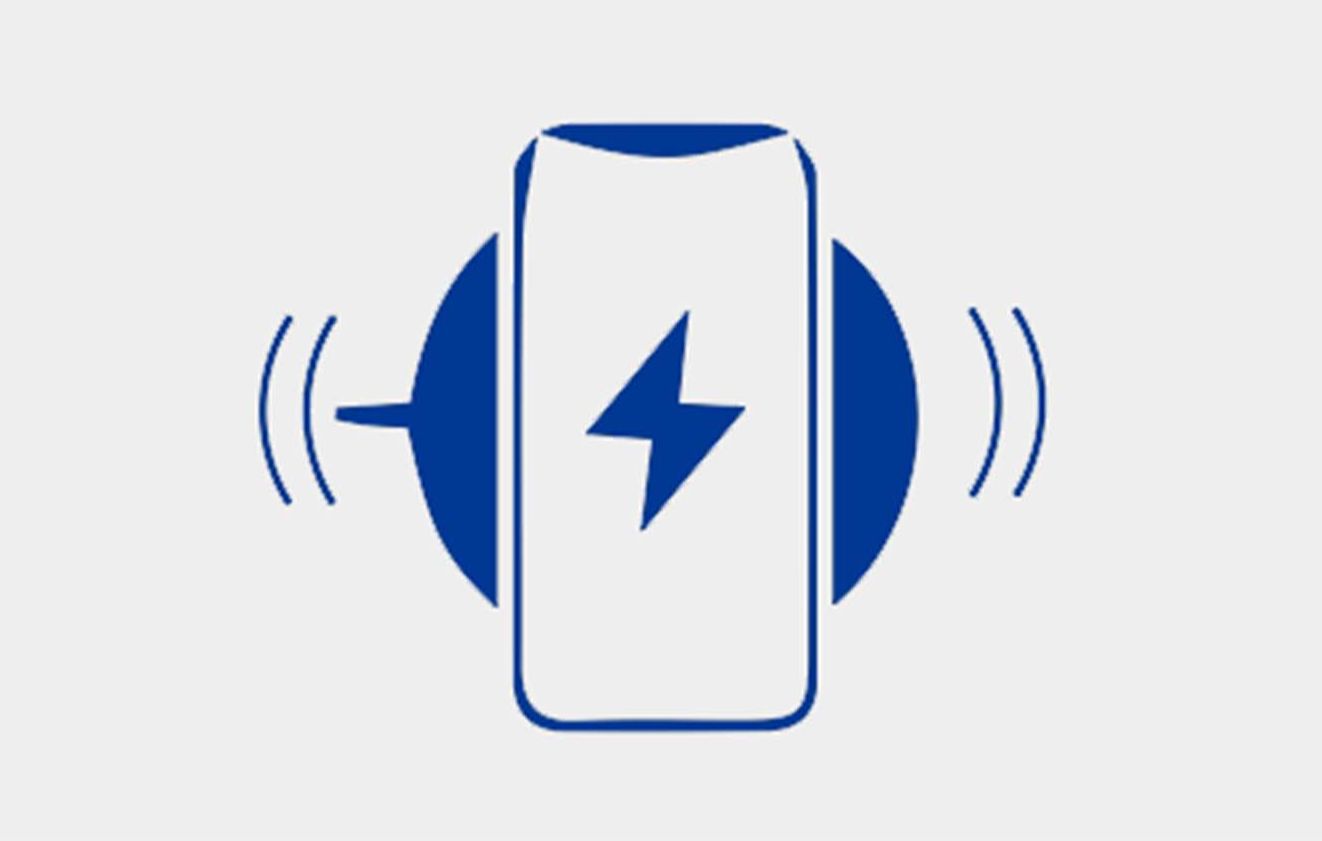 Mar. 2024What should be considered when charging lithium batteriesLearn More
Mar. 2024What should be considered when charging lithium batteriesLearn More


